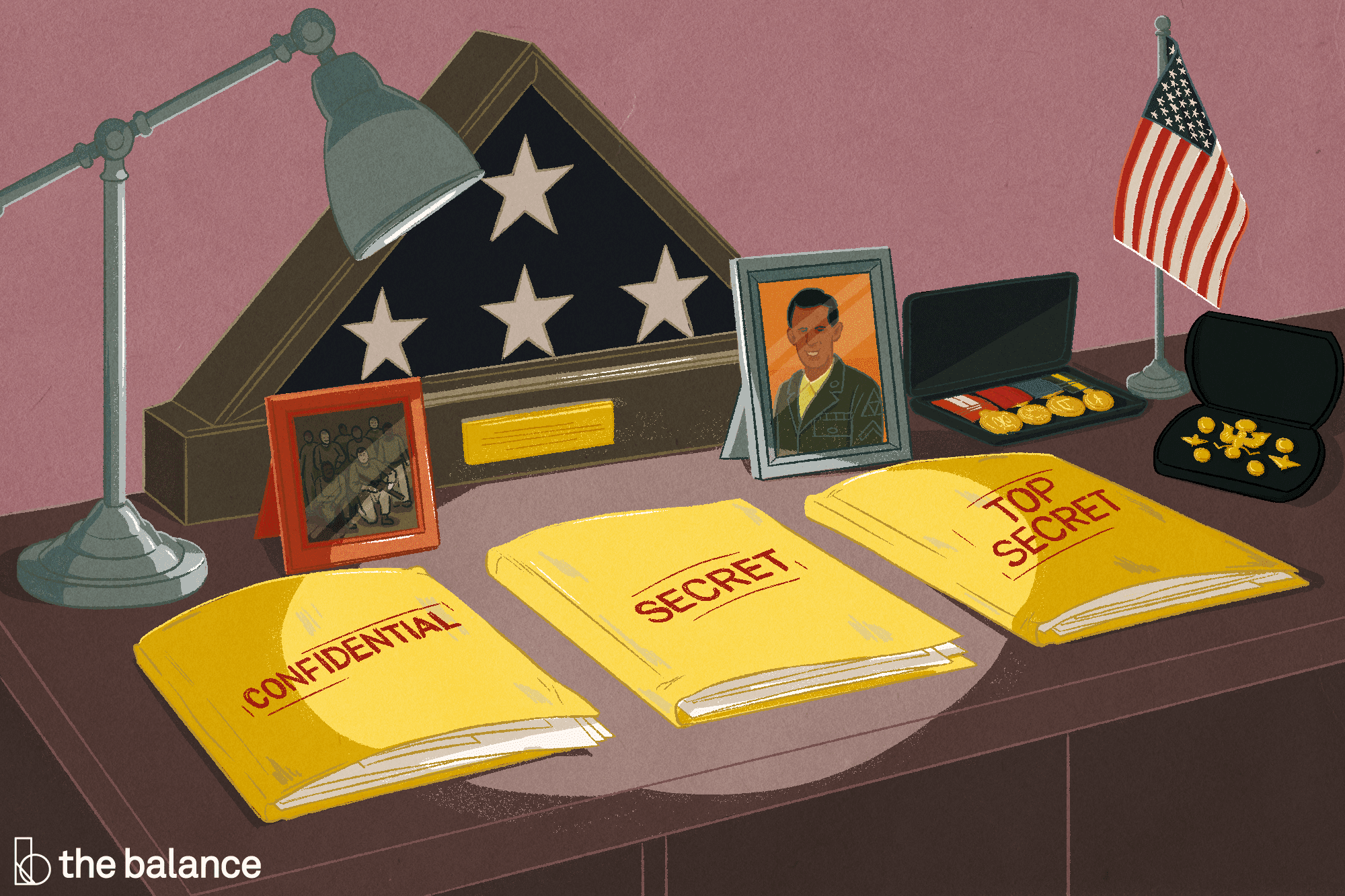“HUD is pleased that the parties have resolved this longstanding civil rights case in such a positive and productive manner,” said HUD Secretary Shaun Donovan. “We know that when a family chooses a place to live, they are not just choosing a home, but also a school for their children, quality public services, and a foundation on which to build their lives. By building on the successful Baltimore housing mobility program, today’s settlement goes a long way to achieving these goals and furthering HUD’s mission of creating more inclusive and sustainable communities that provide affordable housing opportunities for those who need them.”
HUD General Counsel Helen Kanovsky commented, “Over the past decade, the housing mobility program, established as part of the earlier partial settlement in Thompson, has provided more than 1800 families greater neighborhood choice, enabling them to move from high poverty areas of Baltimore to mixed-income neighborhoods in the city and surrounding region that offer better educational and employment opportunities. Today’s final settlement will allow for similar opportunities for up to 2600 additional families over the next seven years.”
· Regional Housing Opportunities.
HUD will continue the successful mobility program launched in an earlier phase of the Thompson case. Over the past decade, this program has provided Housing Choice Vouchers and high-quality housing counseling to assist more than 1,800 families who have voluntarily chosen to move from public housing and other areas of deep poverty in Baltimore City to neighborhoods throughout Baltimore City and the surrounding region that are low in poverty and offer better educational and economic opportunities. The settlement will provide similar opportunities for up to 2600 additional families, through 2018.
· Incentives for Affordable Housing Development.
HUD will seek to provide incentives for private housing developers to include affordable units for families when FHA insured market-rate developments are built in communities of opportunity throughout the Baltimore region.
· On-line Housing Locator.
HUD will develop an online listing to provide assistance to families in locating public housing and other affordable housing opportunities throughout the Baltimore Region.
· Regional Opportunity Study.
HUD will sponsor a study of housing opportunity throughout Baltimore City and the surrounding region.
· Civil Rights Reviews.
For a period of at least three years, HUD will conduct civil rights reviews of particular plans and other proposals submitted to HUD for approval, involving certain federally funded housing and community development programs in the Baltimore Region. In these reviews, HUD will pay particular attention to the impact of the plans and other proposals, individually and collectively, on the creation of a broader geographic distribution of available desegregative housing.


